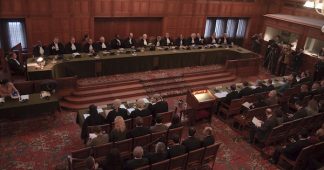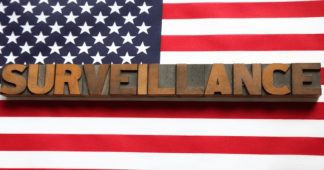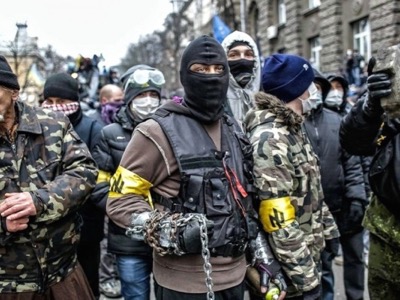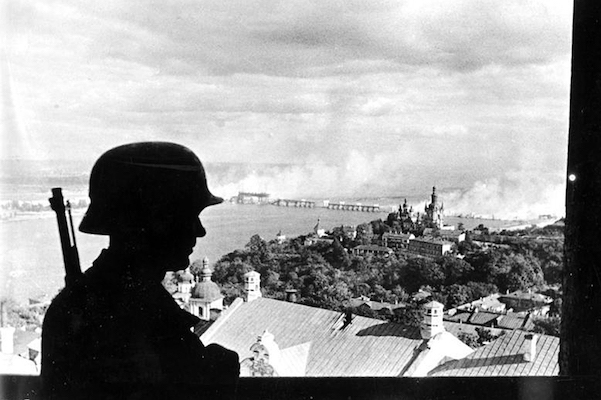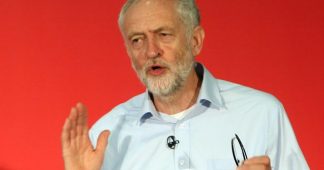By PAUL BUHLE
The death of Warren Hinckle, a journalist long forgotten outside San Francisco, brings back Ramparts magazine’s crowning moment, also one of crucial moments of postwar liberalism. At a stroke, in March, 1967, the presumptions of innocence by purportedly freedom-loving (albeit hawkish) prestigious intellectuals were stripped off. It turned out that the grand banquets and conferences with literary-and-other luminaries, the New York Times-reported cocktail parties, indeed the whole egghead-celebrity thing, was at base a CIA operation called, without irony, the Congress for Cultural Freedom. The list of collaborators was a long one, but Mary McCarthy, Irving Kristol, Leslie Fiedler, Dwight Macdonald, Sidney Hook and the Trillings, Diana and Lionel, among the most famous Americans, with European stars including Isaiah Berlin and Arthur Koestler at the top (Hannah Arendt in both categories). The Partisan Review, Encounter and a considerable stream of literary or quasi-literary journals existed, as it turned out, with the help of intelligence-agency donations.
The operation had been established at the down of the 1950s with CIA executive Cord Meyer, and a youngish intellectual very much in the news, Arthur Schlesinger, Jr., whose original, brainy scheme it may have been. Intellectuals and artists guilty of opposing fascism “too early” and supporting the Soviet Union in the present or past offered another considerable list including some of Hollywood’s most talented writers and directors, also a handful of its stars (Lucille Ball might be the best remembered today), also musicians, singers, painters, novelists and most mortifying to some critics, the day’s leading playwright, Arthur Miller. The CIA’s precursor body, full of leftwingers, had been ushered out of existence as the intelligence operation shifted from anti-fascist and slightly pro-communist to anti-communist and to the same degree, pro-fascist (or supportive of repressive anti-communist regimes). The guilty had to be finished off, in the ongoing Cold War, and McCarthyism had not finished the job.
The 1950s offered plenty of opportunities for intellectuals and artists to curse Russian misdeeds, but a rather large number of opportunities for criticism of US actions as the overthrow of the Guatemalan government and the near-genocidal civilian massacres shortly to follow. Americans were called upon to gird their loins. They were also selectively offered all expense-paid junkets with, four star hotels, five star restaurants, and plenty of associated glamor. Better than that, or at least more lasting, were the contacts useful for lucrative book contracts and warm reviews in the big publications.
It might have gone on for decades longer, if not for the Vietnam War, which most of leading intellectuals in the operation came to view as an unfortunate but understandable mistake in judgment. A handful, including Dwight Macdonald, actually rejoined the dissenters, and in his case, humiliated a small crowd around him attending a White House dinner by asking for petition signatures against the war. Ramparts’ revelations began with the National Student Association (NSA), a mostly reform-minded student group whose “witty” leaders carried out orders and cashed checks of origins unknown to members. As the scandal spread, CIA officials went public, confessing to deep ties not only to student groups but also to the AFL-CIO, whose leaders had heretofore denied any CIA funding for activities among leading unionists in the UK and across Europe, not to mention the rest of the world.
The ripples of the Ramparts revelations spread outward, with mostly hypocritical denials of knowledge by this or that participant. Some, like Arendt (whose totemic Origins of Totalitarianism had actually been funded by the Agency) made fun of the Congress members’ pomposity while enjoying the lavish accommodations in a palace on Lake Como, Italy. An American counterpart to the CCF, the Committee for Cultural Freedom, shut down in embarrassment, although Schlesinger managed a transfer of funds and the franchise of the CCF to the smaller International Association for Cultural Freedom, which finally shut its doors in 1979.
Is all this far in the past, a mere historical footnote? The widely-reported style of the Clinton Campaign, reporters kept at a distance with doors and windows shut while HRC addresses her donors, has a suspicious familiarity. So does the very character of the celebrity sheen, the carefully chosen famous important enough to be brought up to the stage, trusted enough not to object to…the newest versions of hawkish Cold War liberalism.
What lies ahead for these intellectuals and celebs is, first of all, White House photo-ops, and very possibly “Freedom” awards of assorted kinds. But there’s another future, around the corner, when the next Vietnam (or Guatemala) becomes the source of quiet State Department calls for declarations of loyalty. Another country to be bombed, invaded and occupied in the name of “Freedom,” perhaps this time the freedom of women, or a population to be saved from obliteration only by a massive military operation not likely to end in near time.
Secrecy and loyalty to the regime: as important to liberalism as to the Right, and perhaps more important. A world to be conquered, no matter how many victims, in the name of high ideals.
